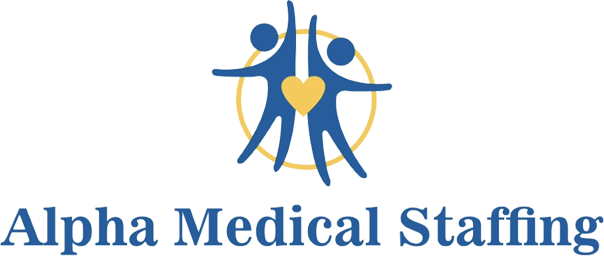What is full lifecycle recruiting services?
Full lifecycle recruiting services refer to the comprehensive process of recruiting and hiring employees from the initial job requisition to the final onboarding of the selected candidate. This involves various stages such as job profiling, sourcing, interviewing, selection, offer negotiation, and onboarding. Outsourcing full lifecycle recruiting services means delegating these tasks to an external recruitment agency or service provider.
How to get benefited by recruiting a full lifecycle recruiting services?
- Cost Savings:
- According to industry studies, outsourcing recruitment processes can lead to significant cost savings. External agencies often have economies of scale and efficient processes, reducing the overall cost per hire.
- Businesses can save on internal resources, such as HR staff time and infrastructure costs, by leveraging the expertise of external recruiters.
- Time Efficiency:
- The recruitment process can be time-consuming, and every day a position remains unfilled can lead to productivity losses. Outsourcing helps expedite the process, reducing time-to-fill metrics.
- Research indicates that external recruiting services can reduce the time spent on sourcing, screening, and interviewing, allowing companies to fill positions more quickly.
- Access to a Wider Talent Pool:
- Recruitment agencies often have extensive networks and access to a broader talent pool. This can be especially beneficial for niche or hard-to-fill positions.
- By tapping into the agency’s resources, businesses can reach passive candidates who may not be actively looking for new opportunities.
- Expertise and Industry Knowledge:
- Recruiting agencies specialize in understanding the intricacies of different industries and market trends. They can provide valuable insights and guidance on current salary benchmarks, skill requirements, and market demands.
- External recruiters are typically well-versed in the latest recruitment technologies and strategies, ensuring a more effective and up-to-date approach.
- Reduced Administrative Burden:
- Managing the administrative tasks associated with recruitment, such as posting job ads, handling candidate communications, and coordinating interviews, can be time-consuming. Outsourcing these tasks allows internal HR teams to focus on strategic initiatives.
- Studies show that reducing administrative burdens through outsourcing can improve overall HR efficiency.
- Quality of Hire:
- A well-established recruiting agency is motivated to provide high-quality candidates to maintain a positive reputation. This emphasis on quality can lead to better hires and long-term employee retention.
- Metrics like employee performance ratings and retention rates often demonstrate the effectiveness of outsourcing in delivering top-tier talent.
- Flexibility and Scalability:
- Outsourcing recruiting services provides businesses with the flexibility to scale up or down based on changing hiring needs. This scalability is particularly advantageous during periods of rapid growth or downsizing.
- The ability to quickly adapt to changing workforce demands without the need for extensive internal restructuring is a significant benefit.
- Global Reach:
- For companies with a global presence, outsourcing recruiting services can facilitate international hiring. Recruitment agencies with a global reach can navigate diverse labor markets, cultural nuances, and legal requirements.
- This can be crucial for businesses looking to build diverse and inclusive teams with a global perspective.
To outsource full lifecycle recruiting services in Fairfax or any other location, you can follow these steps:
- Define Your Requirements: Clearly articulate your staffing needs, including the type of positions, skills required, and any specific qualifications or experience.
- Research Recruitment Agencies: Look for recruitment agencies or outsourcing firms that specialize in full lifecycle recruiting services. Consider their reputation, experience, client reviews, and success rates.
- Engage in Consultation: Schedule consultations with potential recruitment partners. Discuss your requirements, expectations, and any specific nuances related to your industry or organization.
- Negotiate Terms and Conditions: Work out a contractual agreement that includes the scope of services, timeline, pricing, and any other relevant terms and conditions.
- Provide Access to Information: Share relevant information about your company culture, values, and specific job requirements to help the recruitment agency better understand your needs.
- Collaborate on Job Profiling: Collaborate on creating detailed job profiles to attract the right candidates. This includes defining the roles, responsibilities, and required qualifications.
- Source and Screen Candidates: The recruitment agency will source candidates through various channels, screen resumes, conduct initial interviews, and present a shortlist of qualified candidates for your review.
- Interview and Selection: Participate in the interview process, either directly or by providing feedback to the recruitment agency. Make final selections based on your company’s criteria.
- Offer Negotiation: The agency can assist in negotiating job offers, including salary, benefits, and other terms, ensuring a smooth acceptance process.
- Onboarding Support: Collaborate on the onboarding process to ensure a seamless transition for the newly hired employees.
- Evaluate and Provide Feedback: Regularly evaluate the performance of the recruitment agency and provide feedback for continuous improvement.

